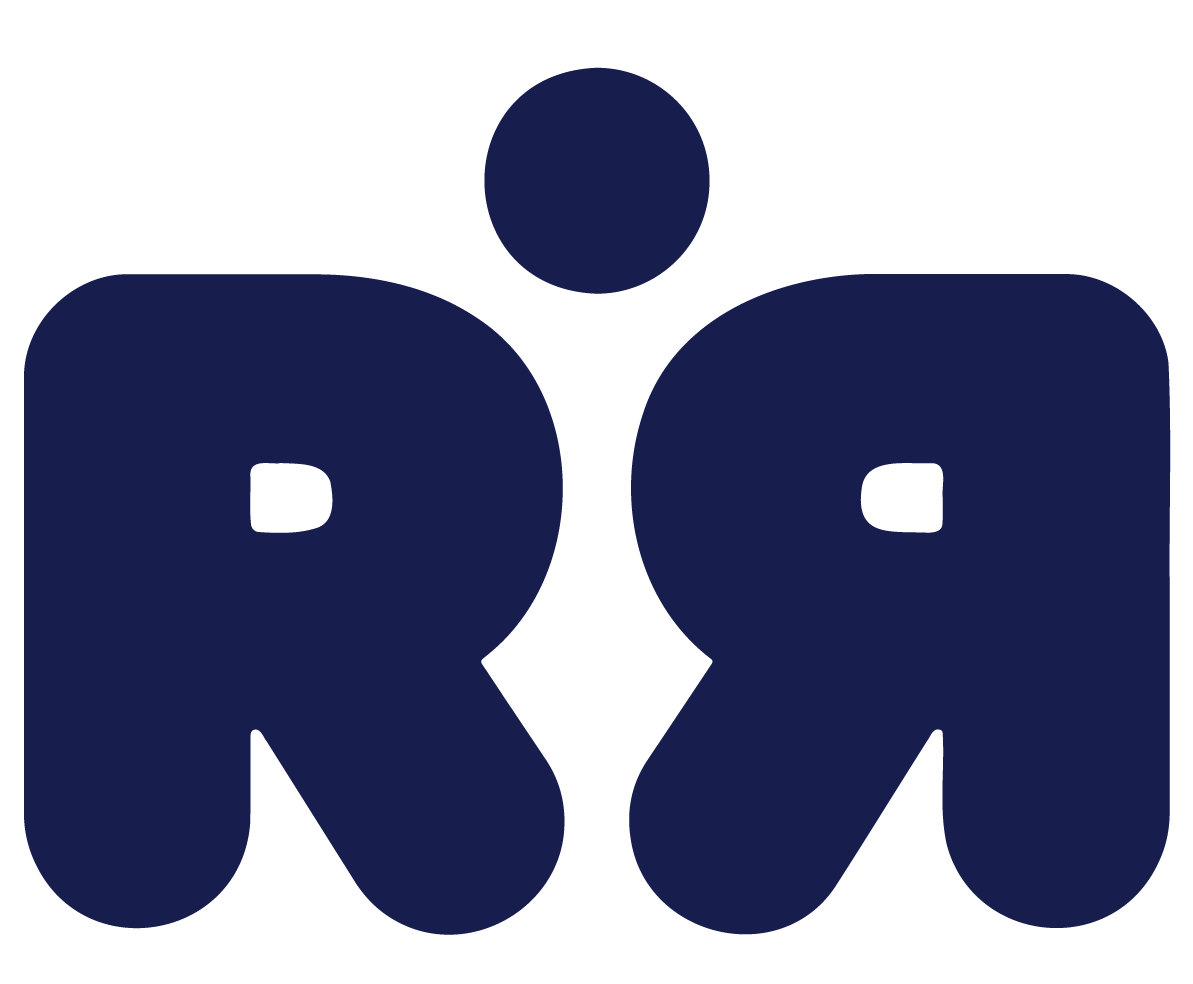Evidence from a Black Dog Institute pilot study confirms that RALLY4EVER can improve mental health
The mental health research group Black Dog Institute, conducted a pilot evaluation of RALLY4EVER in 2024 to collect evidence on the potential benefits of community sports programs. Over the course of nine weeks, eighteen participants from two RALLY4EVER locations in Sydney were evaluated on four categories of mental wellness. The results showed that a consistent duration of participation from attendees positively affected their mental health and welfare.
Wellbeing & One Health Researcher and an author to this evaluation, Nicola Paul, attended the RALLY4EVER sessions for two months to introduce the study and screen eligible attendees. Before and after each tennis session, the eighteen chosen RALLY4EVER participants were given an online questionnaire hosted by QualtricsTM that spanned over four categories of mental well-being, social inclusion, empathy, and mood. Mood was measured through the Short Mood Scale which is a sliding scale of 0-6 with 6 being the most positive mood. Mental Well-being was measured by the 14-item Warwick Edinburgh Mental Wellbeing Scale. The WEMWBS is a five point scale that calculates self-esteem, and connection to others, with higher scores equaling greater wellbeing. Social Inclusion was calculated using the 21-item Social Inclusion Scale. SIS uses a 1-4 point system where higher scores mean higher social inclusion. Empathy used the 16-item Toronto Empathy Questionnaire. The TEQ questionnaire uses a scale from 0- 4 to indicate the frequency in which participants display empathetic behaviours. Similar to the tests previously stated, higher scores indicate greater empathy.
Image Provided by the Black Dog Institute (2024)
Over the nine-week study, The Black Dog Institute found consistent improvements in the mental wellbeing of RALLY4EVER participants. Attendees stated that seeing an improvement in their tennis skills along with social engagement led to a higher mood during a RALLY4EVER session as opposed to prior. The boost in mood extended beyond the courts, to participants’ outside social lives. If a participant was not in the mood to play tennis, they would still meet for tea and coffee after sessions. Some people even met with each other outside the RALLY4EVER session times. The carers of some of the participants expressed that these tennis sessions were one of the rare times they knew loved ones were safe without their supervision. Carers noted that the changes they saw positively affected the participants’ families and communities.
When the nine week evaluation had concluded, the Professor of Mental Health at the Black Dog Institute, and an author to this study, Katherine Boydell, held a guided body mapping workshop with the attendees. In body mapping, an outline of a person’s body is drawn, and within that outline experiences are written. Body-mapping allows participants to share anecdotes through creativity. Both Paul and Boydell recorded their observations of RALLY4EVER attendees, and how the programs influenced participants' welfare. Their notes were an important part of this pilot evaluation. Black Dog Institute’s studies found a positive correlation between mental wellbeing and the number of years a participant had been attending RALLY4EVER at the start of the study.
This pilot evaluation by the Black Dog Institute provides exploratory evidence of the potential psychological and social benefits of community-based sports programs such as RALLY4EVER. The programs can be a cost-effective and accessible way for individuals to improve their physical skills along with building meaningful social relationships and widening their social networks. This data is proof that the tennis and pickleball programs offered by RALLY4EVER could possibly improve mental well-being. For a list of activities near you, please check out our Programs page. We hope to see you on the courts.

